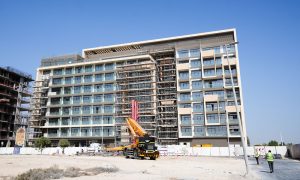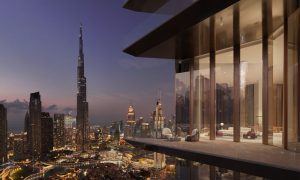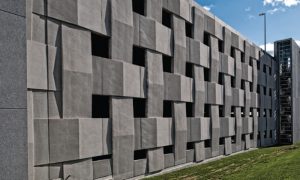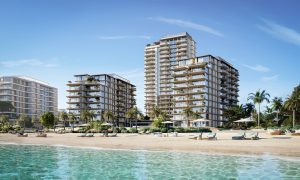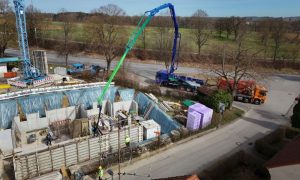Outdated developments under pressure by new builds in Dubai, JLL says
JLL reviews the stock, expected handovers and performance of the residential, office, hospitality and retail sectors in Q2
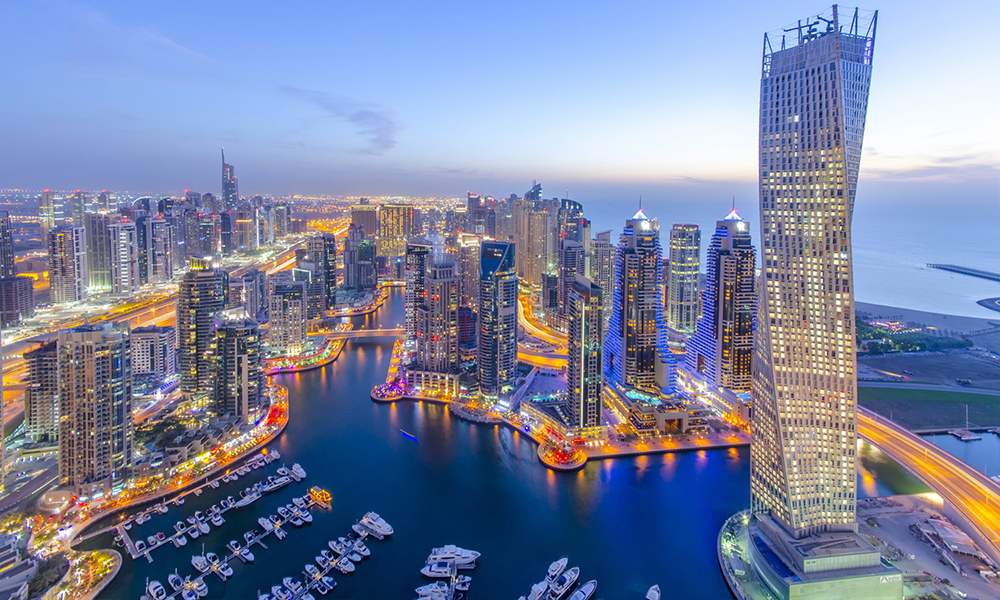
JLL expects outdated existing developments to continue to face pressure particularly apartment developments in the Dubai property market, “as new developments with larger unit layouts, attractive payment plans, and community amenities have a stronger appeal to tenants and investors alike.”
According to the firm, Dubai’s residential market stock increased to 618,000 units with the addition of 10,000 units over the quarter. For the remainder of 2021, an additional 36,000 units are expected to be added. In Abu Dhabi, 815 residential units were delivered during the quarter, bringing the total stock to roughly 267,000 units. By end of 2021, approximately 6,360 units are scheduled to enter the market.
In terms of performance, Dubai’s citywide sale and rental rates continued to register declines of 2% and 8% respectively over the year. In Abu Dhabi sale prices have marginally improved by 1% with successful launches of villa projects, whilst rentals remain under pressure, declining by -1.5% compared to the same period last year.
As noted at the start of the year, the residential market continues to see increased demand for good quality villa stock, leading to a 10% increase in prices for Dubai and 6% for Abu Dhabi when compared to the same period last year.
Office Outlook
No new stock of office space was delivered into the market in both Dubai and Abu Dhabi across Q2 2021. An additional 70,000sqm and 18,000sqm are expected to be delivered over the second half of the year in Dubai and Abu Dhabi, respectively.
Tenants continue to prefer Grade A, fully fitted office spaces over shell and core, due to associated costs. Landlords continue to offer incentives such as extensive rent-free periods and CAPEX contributions to maintain and attract new tenants.
As a result, rental rates in Dubai and Abu Dhabi decreased by 1% and 2% (Y-o-Y) to reach $460 per sqm and $430 per sqm, respectively. Vacancy has increased to 20% in Dubai and 28% in Abu Dhabi when compared to same period last year.
As the vaccination drive continues, more employees are returning to the workplace, however corporates are adopting a hybrid model approach. This comes as a result of more corporates re-engaging their workspaces with a focus towards sustainability and employee wellness. With further ease of restrictions, more international enquires have been noted in Dubai. Corporates looking to setup in Dubai have shown interest because of ease of business and management of the pandemic.
For the second half of the year, we can expect the office market to remain subdued as consolidation efforts continue. Furthermore, the market is expected to remain in favor of tenants, with occupiers benefiting from subdued market conditions and seeking opportunities to upgrade office space with limited capital expenditure.
Hospitality Market
In the second quarter, Dubai saw approximately 2,000 keys being added to market, bringing the total stock to 137,000 keys. In Abu Dhabi, no new completions were noted, keeping the stock stable at 30,600 keys. As the country gears up for the upcoming EXPO, an additional 12,000 keys are expected to be added over the second half of the year in Dubai and 1,400 keys in Abu Dhabi.
Dubai’s hotel occupancy levels were recorded at 58% for YT May 2021, compared to 46% for YT May 2020. Understandably, occupancy levels have improved over the year, since the UAE was under lockdown measures during the same period last year. Average daily rates (ADR’s) have marginally improved by 1% to reach $147 for YT May 2021.
Similarly for Abu Dhabi, occupancy levels have improved from 60% in YT May 2020 to 61% YT May 2021. However, ADRs still face pressure, declining by -7% to reach $89 for YT May 2021.
Overall, the UAE hotel market continues to exhibit signs of recovery. Operators continue to offer staycation deals to capitalise on domestic tourism demand, as international tourism remained limited. We can expect this trend to continue for the short to medium term, until further ease of travel restrictions are successful in opening key source markets, particularly ahead of EXPO 2020.
Retail Market
Despite improving footfall to malls, the retail market continues to remain subdued on the back of change in the consumer spending habits and weakened demand from international tourism.
In Dubai, the completion of three new retail developments added approximately 150,000sqm, bringing the stock to 4.3m sqm of retail GLA. Whereas no new completions were noted in Abu Dhabi, keeping the stock stable at 2.8m sqm.
An additional 154,000sqm of retail space is expected to come online in Dubai during the remainder of 2021. Similarly, Abu Dhabi has 29,000sqm retail scheduled for delivery in the second half of the year.
Average rental rates in primary and secondary malls have declined 5% in Dubai and around 12% in Abu Dhabi in Q2 2021 versus Q2 2020. As a result, the market remains in favor of tenants, with landlords continuing to provide incentives such as rent-free periods and are more open to negotiating deals. It has been noted that several new retailers coming into the market are mainly centered on home-grown concepts which are currently growing in the market.
In some cases, retailers are turning away from the traditional brick and mortar and are resorting to pop-up retail store concepts, partnering with online shopping and delivery platforms to increase revenue deals.

